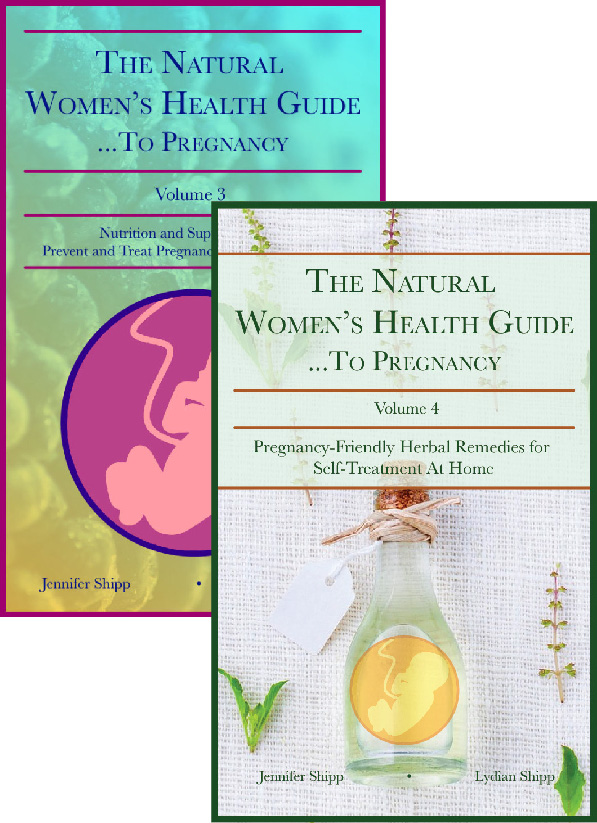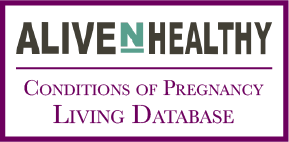 Does L-arginine help support a healthy pregnancy?
Does L-arginine help support a healthy pregnancy?

"The Natural Women's Health Guide... to Pregnancy - BUY HERE!"
Arginine, along with glutamine, tryptophan, and taurine, plays a crucial role in fetal survival, development, and growth. It also plays a role in genetic expression, immunity, cell signaling pathways, and antioxidant response in the body. Arginine ultimately stimulates the activation of reproductive (and other) hormones released by the pituitary gland, as well as placental lactogen, a hormone present only during pregnancy that facilitates the transfer of energy from the mother to the fetus. In addition, arginine is the main precursor to nitric oxide, a molecule that’s essential for regulating blood flow and placental growth during pregnancy.Arginine is also broken down into ornithine and proline, two amino acids responsible for the synthesis of polyamines in the uterus and placenta that regulate protein synthesis, gene expression, and blood vessel development in both mother and fetus. Arginine is directly required for stimulating protein synthesis in the fetus, placenta, and uterus as well as fetal brown adipose (fat) tissue. It is responsible for maintaining vascular tone and balanced, healthy hemodynamics.
Arginine may have a few different therapeutic applications during pregnancy, which we’ll discuss in more detail below.
Arginine for Miscarriage and Preterm Birth Prevention
Animal studies on rats demonstrated that increased dietary arginine intake and/or supplementation with arginine is associated with increased embryonic survival rates. The rats in one study who consumed higher levels of arginine had 30% larger litter sizes that rats who consumed a diet supplemented only with alanine (a different amino acid).Arginine supplementation not only acts as a miscarriage/stillbirth preventative. Research also indicates that this amino acid can dramatically reduce the risk of preterm birth and respiratory distress syndrome in infants who are born prematurely.
Arginine for Intrauterine Growth Restriction (IUGR)
Arginine deficiency has been shown to increase the risk of intrauterine growth restriction during pregnancy. Experimental models have been able to induce IUGR by restricting nitric oxide synthesis, thus simulating an environment that would develop in cases where arginine levels were low (low arginine = low nitric oxide synthesis). Other studies have shown that arginine supplementation in cases of IUGR may help manage the condition and its potential complications. For example, supplementation with either arginine or citrulline in protein deficient mothers with IUGR may help improve fetal growth and muscle protein synthesis.
 Nutricost L-Arginine 1000mg, Amino Acid Tablets (150 Tablets)
Nutricost L-Arginine 1000mg, Amino Acid Tablets (150 Tablets)
Human studies mirror the animal studies in that arginine supplements have been proven to be valuable for treating and preventing intrauterine growth restriction and its complications. This amino acid reliably increases fetal weight and gestational age.
Arginine for Preeclampsia
Arginine supplementation (or adequate arginine intake through dietary sources) may also help prevent preeclampsia. Some research suggests that arginine may specifically prevent preeclampsia when supplements are taken during the first trimester of pregnancy. In women who are at high risk of preeclampsia or who already have preeclampsia or gestational hypertension, arginine supplements have also been shown to significantly increase infant Apgar scores after birth.How to Increase Arginine Levels with Supplements or Food
Arginine is present in many different food sources, including most nuts, seeds, whole grains, free-range poultry, grass-fed red meats, and grass-fed dairy products. It can also be taken as a supplement to treat specific health problems during pregnancy; some sources advise a dose of 3-14g of L-arginine per day, depending on the circumstances. Click here to subscribe to the Living Database!
Click here to subscribe to the Living Database!

 The Conditions of Pregnancy Living Database, BETA Release - NOW AVAILABLE! Click here to learn more...
The Conditions of Pregnancy Living Database, BETA Release - NOW AVAILABLE! Click here to learn more...







